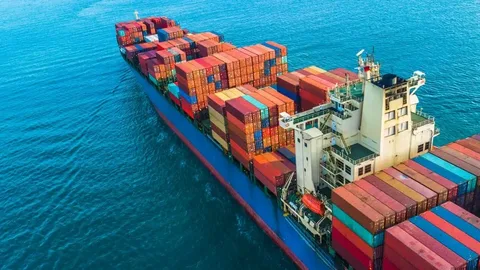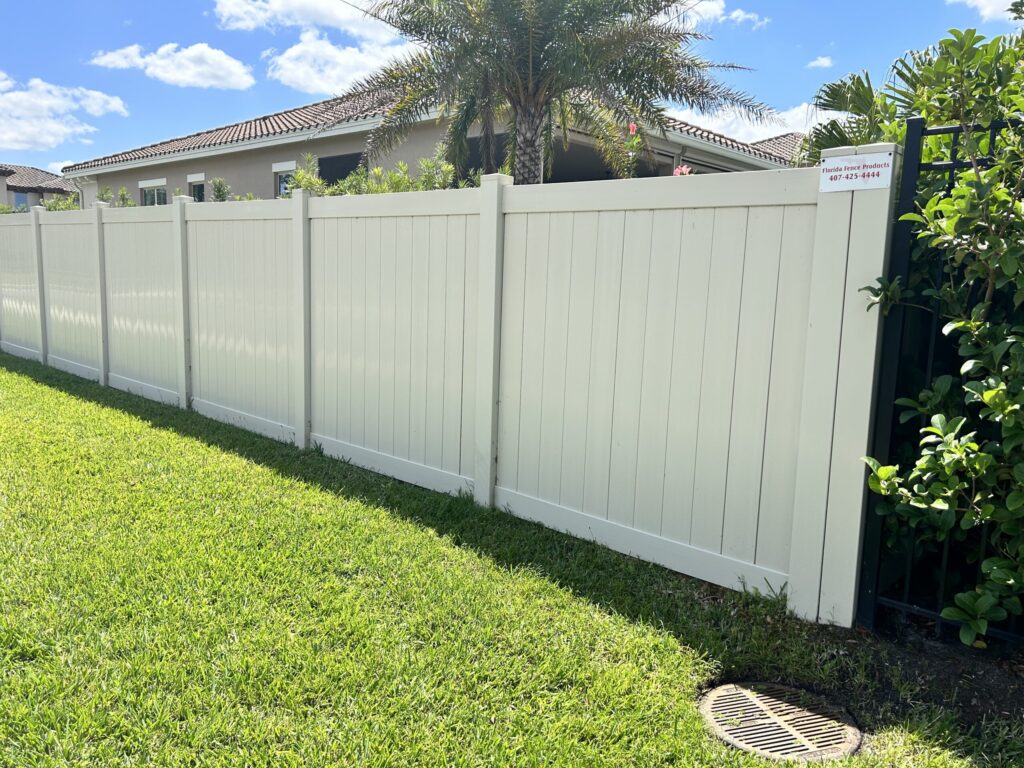When sourcing products from 1688 vs Alibaba to sell on platforms like Amazon or your own e-commerce store, understanding the logistics of shipping is crucial. One of the most significant aspects of importing goods from overseas is freight costs, particularly ocean freight.
In this blog, we’ll explore whether you have to pay for ocean freight on Alibaba, how it works, and what you need to consider to ensure a smooth shipping process.
Do You Have to Pay for Ocean Freight on Alibaba?
Yes, when you source products from Alibaba and choose to ship them via ocean freight, you are typically responsible for covering those shipping costs. These costs can vary widely based on several factors, including:
Shipping Distance: The distance from the supplier’s location to your destination port will impact freight costs.
Volume and Weight: The size and weight of your shipment affect how much space it takes up in a shipping container and ultimately the cost.
Shipping Method: Different methods of ocean freight (FCL vs. LCL) have different pricing structures.
a) FCL vs. LCL Shipping
Full Container Load (FCL): If you have enough products to fill an entire container, FCL is generally the more economical choice. You pay a flat fee for the entire container, which can lower the cost per unit significantly.
Less than Container Load (LCL): If your shipment is smaller and doesn’t fill an entire container, LCL allows you to share space with other shipments. While this can be cost-effective for smaller orders, the per-unit shipping cost can be higher.
How to Calculate Ocean Freight Costs
When sourcing from Alibaba, it’s essential to understand how to calculate ocean freight costs. Here are the key elements to consider:
Freight Quotes: Request quotes from freight forwarders or your supplier for a clear idea of the shipping costs. Many suppliers can help arrange shipping and provide an estimated cost.
Shipping Fees: In addition to freight charges, you may incur additional costs, such as:
Loading and Unloading Fees: Fees for loading goods at the supplier’s location and unloading at your destination.
Port Fees: Charges applied at the port for handling your goods.
Customs Duties and Taxes: Import taxes that may apply once your shipment reaches your country.
Who Handles the Shipping?
When purchasing from Alibaba, the shipping process can be managed in several ways:
Supplier-Managed Shipping: Many suppliers offer to handle the logistics of shipping for you. They may have established relationships with freight forwarders and can arrange ocean freight as part of your order. However, ensure you clarify the shipping costs upfront to avoid surprises.
Using a Freight Forwarder: If you prefer to have more control over the shipping process, you can engage a freight forwarder. A freight forwarder acts as an intermediary, helping you navigate shipping logistics, handle documentation, and sometimes even negotiate better rates.
Self-Shipping: Some sellers choose to handle the entire shipping process themselves. While this gives you more control, it also requires a greater understanding of shipping logistics, customs clearance, and associated costs.
Payment Terms for Ocean Freight
The payment process for ocean freight typically involves several steps:
Initial Payment: When placing your order on Alibaba, you’ll usually pay a deposit for the products. This does not include shipping costs, which are often calculated after the goods are ready for shipment.
Final Payment: Once your products are packed and ready to ship, your supplier will provide a shipping invoice, including the ocean freight costs. You’ll need to pay this amount before the goods are released to the freight forwarder.
Tips for Managing Ocean Freight Costs
To effectively manage your ocean freight costs when sourcing from Alibaba, consider the following tips:
Plan Ahead: Order in bulk when possible to reduce the cost per unit and make the most of shipping expenses.
Negotiate with Suppliers: Some suppliers may be willing to negotiate shipping costs or offer discounts for larger orders. Don’t hesitate to ask.
Research Freight Forwarders: If you opt to work with a freight forwarder, shop around for the best rates and services. Compare quotes from multiple forwarders to ensure you’re getting a good deal.
Understand Incoterms: Familiarize yourself with shipping terms (Incoterms) such as FOB (Free On Board) or CIF (Cost, Insurance, and Freight). These terms dictate who is responsible for shipping costs and risks at various points in the supply chain.
Similarly, 1688 is also a substitute for the Alibaba platform, so which is more suitable for your procurement, 1688 vs Alibaba in terms of sea freight? Click to learn more details.
Conclusion
In summary, when you import products from Alibaba, you will have to pay for ocean freight unless otherwise specified. Understanding the various components of shipping costs, including freight quotes, additional fees, and payment terms, is essential for a successful sourcing experience.
By planning ahead, negotiating wisely, and utilizing the right shipping methods, you can effectively manage your ocean freight costs and maximize your profitability when selling on platforms like Amazon.






